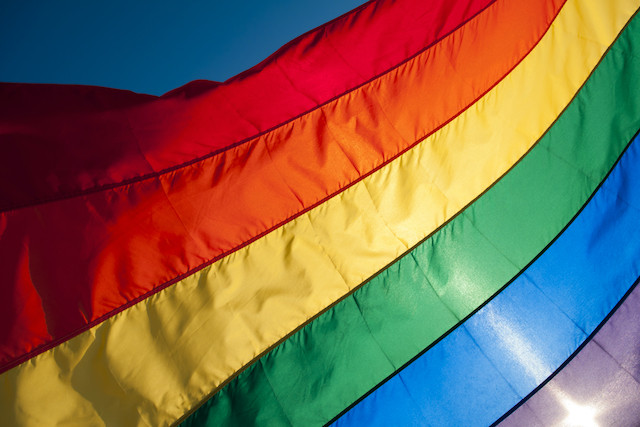Advocacy group Ilga-Europe published the latest edition of the Rainbow Europe map on 17 May to mark International Day Against Homophobia, Transphobia and Biphobia, also known as Idaho or Idahobit.
Luxembourg ranked behind Malta (with a 94% score) and Belgium (74%), with Portugal (68%) and Norway (67%) also in the top five. Poland was the lowest-ranking EU member country (13%). Azerbaijan achieved the lowest score (2%).
The grand duchy lost out on extra points for failing to prohibit LGBTI discrimination by law in specific contexts, such as education or healthcare. In addition, it doesn’t recognise non-binary gender identities and does not have an official gay conversion therapy ban in place. Administrative red tape for the recognition of same-sex parents was another hurdle highlighted by the index.
The map showed little progress on LGBTI rights in Europe over the past year.
“What is striking is that there has been unprecedented stagnation over the past 12 months,” said Luxembourg LGBTI rights organisation Rosa Lëtzebuerg in a statement.
“Many countries have not moved at all. Among these countries is the grand duchy. But especially now, when an ever-stronger conservative upswing is noticeable across Europe, it is more important than ever to set a good example,” it said.
Protecting intersex persons in hate crime legislation and introducing a gay conversion therapy ban would be easily achievable goals, the organisation said.
The group also warned that support structures and safe spaces for Luxembourg’s LGBTI community have had to limit activities or close because of the pandemic and a lack of funding.
“Many younger and older members of the community were confronted with loneliness or even isolation,” Rosa Lëtzebuerg said. “In the last year, our organisation, which relies exclusively on the work of volunteers, has had to deal with an unprecedented amount of requests from affected members of our community. Offering support and referring people to professional services has at times stressed the limits of volunteerism.”
